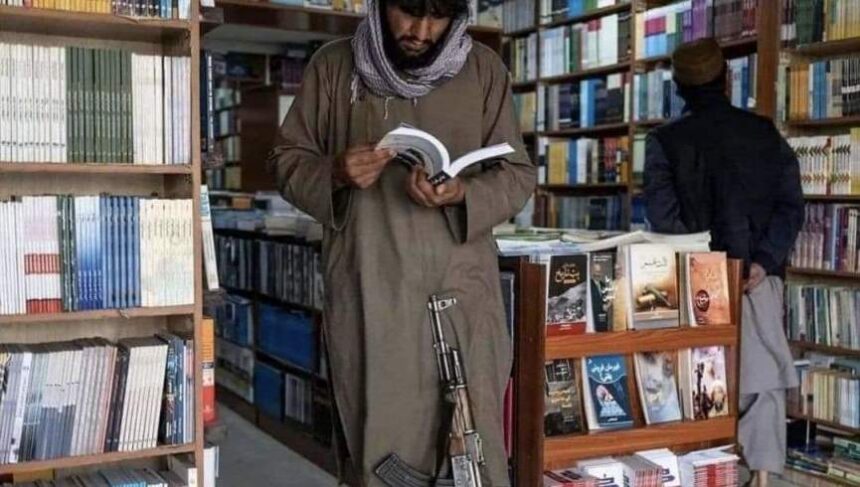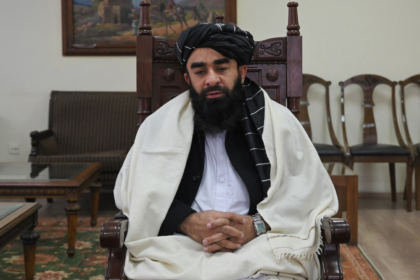RASC News Agency: The Taliban’s Ministry of Information and Culture has released a list of books now prohibited for sale and distribution, claiming their content undermines Afghanistan’s national interests and cultural values. A copy of the banned book list obtained by RASC reveals that publications focusing on Ahmad Shah Massoud, Jihad, and the province of Panjshir are among those restricted. The Taliban allege that these works conflict with the nation’s interests and traditional values. The list also includes several foreign novels and fictional works, which the Taliban argue are at odds with Afghanistan cultural norms. However, many observers contend that these books have no evident contradictions with Afghanistan’s heritage or national interests.
Among the banned books are Girl, Wash Your Face and The Clown’s Views, which the Taliban have deemed harmful to Afghanistan’s values. Critics argue that there is no evidence to suggest these works pose any threat to the nation’s welfare, raising concerns over the Taliban’s real intentions behind the ban. Additionally, the list targets books authored by Panjshiri writers, Afghanistani historians, and foreign authors who have documented Afghanistan’s history and conflicts. These bans seem to align with the Taliban’s broader efforts to suppress historical narratives that challenge their authority.
The Taliban had previously prohibited books critical of their regime or celebrating resistance figures such as Ahmad Shah Massoud and Panjshir’s defiance. Publishers and libraries were explicitly warned against stocking or distributing such material. This latest directive has drawn sharp criticism from Afghanistani intellectuals, readers, and civil society activists, who describe it as an egregious and misguided act of censorship. Despite the public outcry, the Taliban remain dismissive of the concerns and reactions of Afghanistani citizens and civil society advocates.
Analysts argue that this wave of censorship reflects the Taliban’s systematic attempt to silence dissent, erase historical accounts of resistance, and monopolize Afghanistan’s narrative landscape. Critics warn that such actions not only stifle intellectual freedom but also risk erasing critical aspects of the nation’s rich and complex history.






